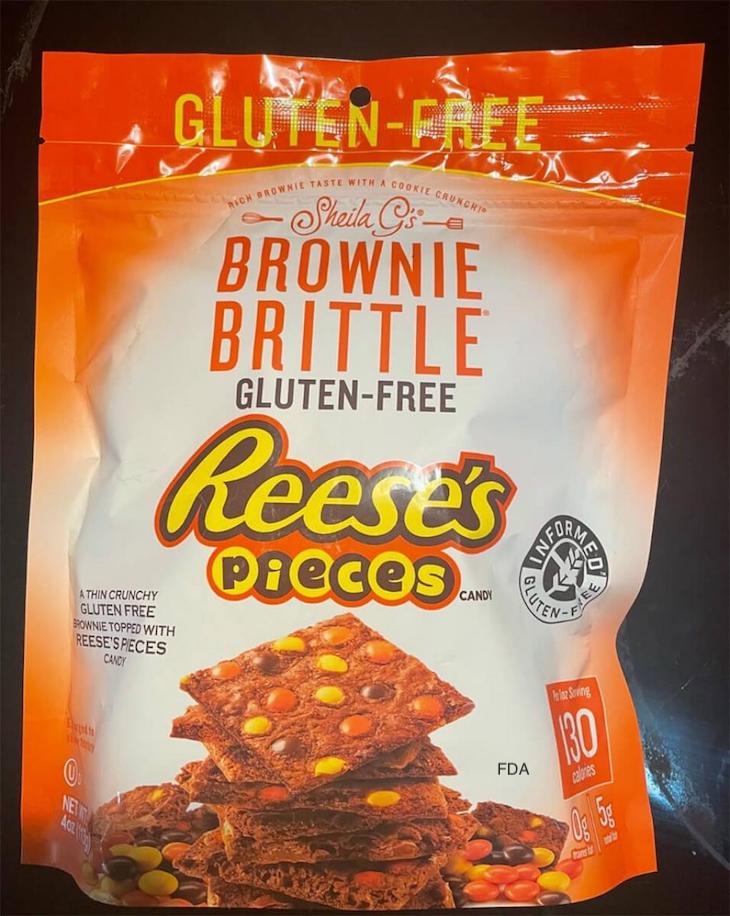Wheat gluten, also known as seitan, is a popular food ingredient used by many vegetarians and vegans as a meat substitute. This protein-rich food is made from wheat flour dough, which is washed to remove the starches and leave only the gluten. While wheat gluten has many health benefits, it also has its share of potential dangers.

One of the main benefits of consuming wheat gluten is its high protein content. Wheat gluten is an excellent source of protein because it contains all of the essential amino acids that are needed for muscle growth and repair. Furthermore, the protein in wheat gluten is highly digestible, making it an ideal food for athletes and bodybuilders.
Another benefit of consuming wheat gluten is that it is low in fat and calories. This makes it a healthy alternative to meat products, which are often high in saturated fats and calories. Additionally, wheat gluten is high in fiber, which can help to promote healthy digestion and prevent constipation.
Moreover, wheat gluten is a great source of minerals such as iron, calcium, and phosphorus. These minerals are essential for healthy bones and teeth, as well as for energy production and overall health.
However, there are also some risks associated with consuming wheat gluten. Firstly, some people are allergic to wheat gluten and can experience severe symptoms such as hives, difficulty breathing, and even anaphylaxis. Therefore, it is important to check with your doctor if you have any doubts about whether or not you are allergic to wheat gluten.
Secondly, wheat gluten contains a substance called gliadin, which can cause damage to the intestinal lining in certain people. This condition is known as celiac disease, and it can lead to serious health problems if not treated properly. People with celiac disease need to avoid gluten altogether, which means they cannot eat wheat gluten or any other foods that contain gluten.
Lastly, consuming too much wheat gluten can lead to weight gain and other health problems. While wheat gluten is low in fat and calories, it is still a high-protein food that can contribute to excessive calorie intake if consumed in large quantities. Therefore, it is important to consume wheat gluten in moderation and to pair it with a balanced diet that includes plenty of fruits, vegetables, and whole grains.
In conclusion, wheat gluten is a protein-rich food with many health benefits, including high protein content, low fat and calorie content, and mineral content. However, it is also important to be aware of the potential risks associated with consuming wheat gluten, such as allergies, celiac disease, and weight gain. Therefore, it is important to consume wheat gluten in moderation and to talk to your doctor if you have any concerns or questions.